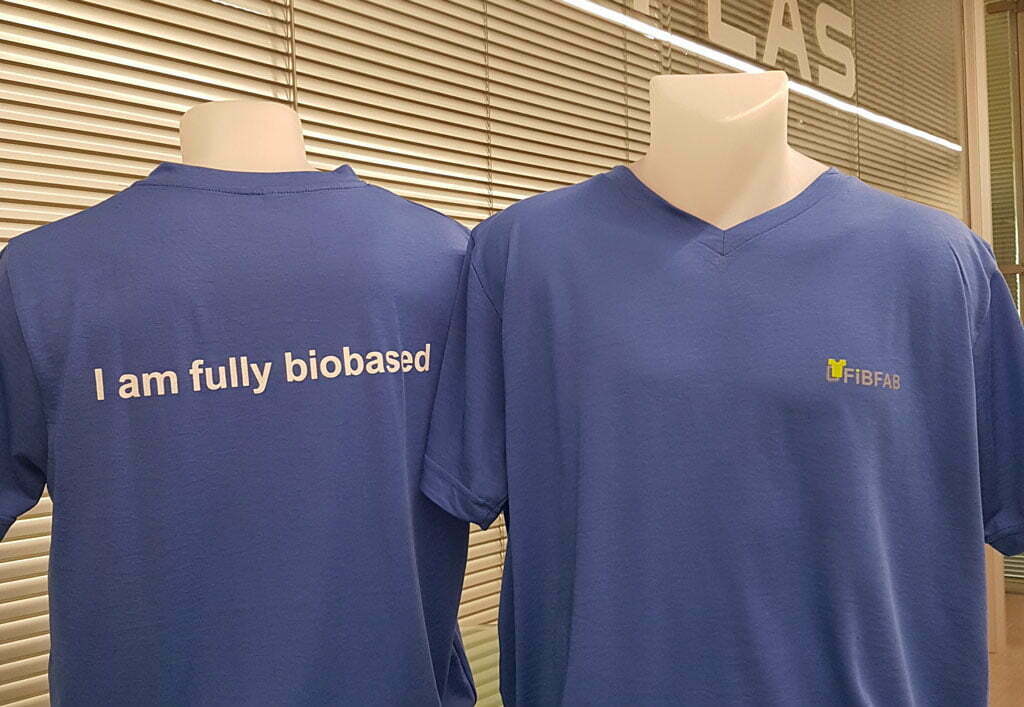R&D plastic: new biodegradable packaging for cheese and pasta with a lower cost and environmental impact

AIMPLAS has coordinated the research to develop new sustainable packages extending the shelf life of cheese and fresh pasta within the framework of the European project BIO4MAP. The result has been a new generation of barrier, multilayer and transparent packages with a cost 25 % lower than conventional ones, with a lower environmental impact and a lower carbon footprint, up to 29 %.
The combination of different layers of bioplastics (PLA, PVOH and adhesives) and a wax coating obtained from olive leaves, has made possible obtaining packages suitable for containing packaged food in modified atmosphere, insulating the product from oxygen and humidity in order to avoid the growth of bacteria and fungi.
With regard to PLA, it is an easy-recyclable material with excellent mechanical properties, and PVOH provides barrier to gases and is water-soluble, so it disappears in the washing process, thus allowing recycling PLA. Both layers are joined by innovative biodegradable adhesives, while a wax coating made from olive leaves provides water vapour barrier. This coating, which does not disappear in the washing process, acts like a plasticizer for PLA, thus improving its flexibility. They are materials that, together, have a carbon footprint 57 % lower than the footprint of materials traditionally used in packaging manufacturing to contain this kind of food.

The Project BIO4MAP is funded by the European Union’s Seventh Framework Programme, managed by the Research Executive Agency (REA) (FP7/2007-2013), under grant agreement no 606144 (BIO4MAP). The project has a duration of 30 months and has a budget of 1.5 million euros. www.bio4map.eu
Sustainable packaging for cheese and pasta
Among the partners of this project, we find the inter-supplier of Mercadona, Central Quesera Montesinos, a potential and user company of the new packages for goat cheese slices. Similarly, some Spanish companies take part also in the project, such as Vallés Plàstic, responsible of applying a new coating made of natural waxes and Artibal, a manufacturer of waxes, lacquers and inks, responsible of its formulation. Other end users of the packages are Altoni-Kelderman (Belgium), manufacturer of fresh pasta and Sachsenmilch (Germany), packaging the sliced cheese; the compounding company MAPEA (France), who has developed the biodegradable adhesive together with the research centre Abo Akademi (Finland; the packaging transforming and manufacturing company Bobino Plastique (France); and the technology centre Fraunhofer IVV (Germany), focused on developing the coating’s wax.
“The role of AIMPLAS in this project, besides coordinating it, has been focused on developing the biodegradable and oxygen-barrier material, needed to comply with the final requirements of the food to be packaged, as well as being the responsible of processing the new materials developed to obtain the new multilayer packaging”, explains Nuria López, main researcher of the project in AIMPLAS.


